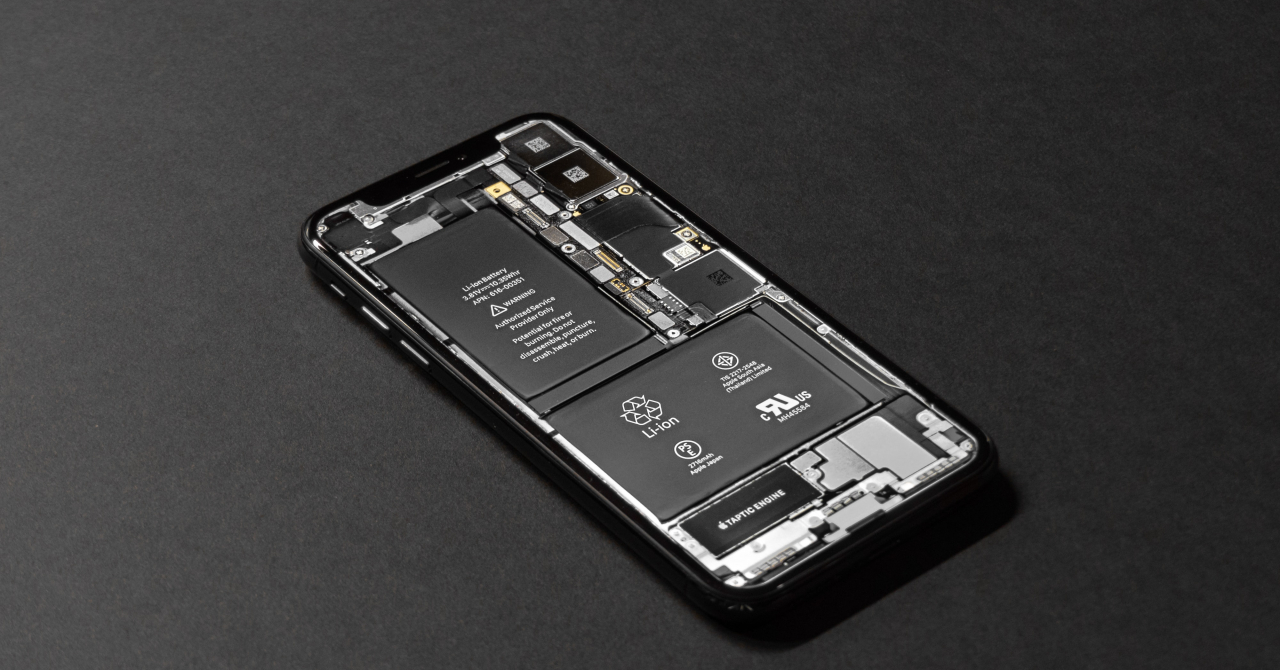According to Oak Ridge National Laboratory, polymers could work as promising electrolytes for solid-state lithium batteries since they are cost effective, flexible and fairly easy to process. Scientists still need to work on the performance of the new technology.
Guang Yang, researcher at ORNL, said that "typically, you can increase flexibility to enhance conductivity, but you sacrifice strength. Our approach bypasses this trade-off by adding flexibility selectively in ion-conducting blocks."
The team created a block copolymer that places a conductive core between rigid outer layers that are designed to protect it.
The battery cells are designed this way to prevent the apparition of dendrites, lithium growths that can pierce electrolytes and damage batteries.
Jagjit Nanda, another researcher of the project, stated that "discoveries like this can lead to robust lithium metal batteries that can help us meet clean energy goals."
 Mihai - Cristian Ioniță
Mihai - Cristian Ioniță












Any thoughts?